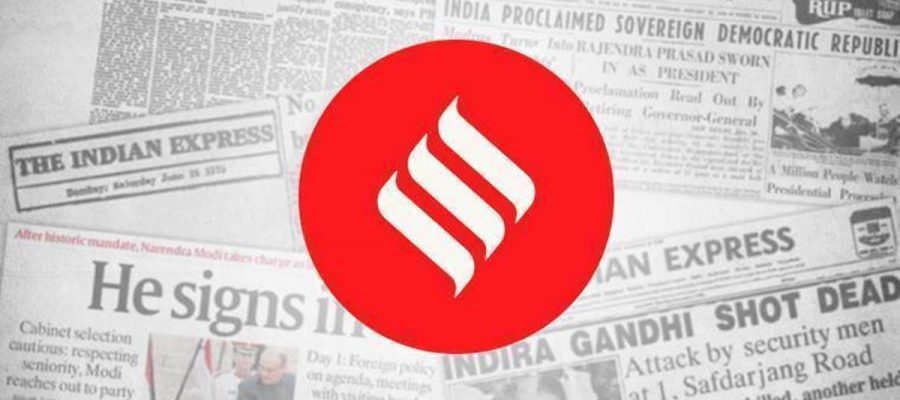Vaccination is necessary, but must not be forced. State must use its power to include, not use strong arm as blunt instrument
With the second wave of the pandemic abating, states have either relaxed the nearly-two-month long lockdown or are framing guidelines to ease the restrictions. The safety imperative has led some authorities to make vaccination a prerequisite for the resumption of business operations. On Thursday, for instance, the Gujarat government issued an ultimatum to “managers, owners and staff of business establishments” to either get vaccinated or pull down the shutters. Mandatory vaccination policies are also in place in some parts of UP and the Northeast. Rules such as these — implemented in other parts of the world as well — do militate against the earlier consensus on the primacy of personal choice in an inoculation project. But the pandemic — in which no one is safe till everyone is safe — is making experts look at ethical questions from a different perspective. It’s arguably a difficult terrain, particularly given the unanimity on the perils of excessive state power.
In April, the European Court of Human Rights (ECHR) held that “mandatory vaccination interferes with a person’s right to integrity”. Nevertheless, it argued, “such interference may be justified if considered necessary to control the spread of infectious diseases”. On Thursday, the Meghalaya High Court evoked a different principle to rule against such vaccinations. “Vaccination by force or being made mandatory … vitiates the fundamental purpose of the welfare attached to it,” it said. Both verdicts speak the language of persuasion and reiterate the importance of accessible information and informed consent. While the ECHR talks of incentives to marginalised groups, the Meghalaya court has asked all shops, business houses, and commercial vehicles to put on display the Covid-19 vaccination status of their employees at a “conspicuous” place.
Very often, vaccine hesitancy is a manifestation of the people’s lack of trust in the health system. Ensuring ease of access to the shots is one of the proven ways to overcome this challenge. During the early days of the second wave, industry and business associations had suggested their willingness to inoculate workers at the level of the shop floor. Now that the shortage of vaccines has been overcome to an extent, there is a case to take up this suggestion. Governments may still need to resort to disincentives. But the state’s main concern should be inclusiveness, not using its strong arm as a blunt instrument.
Source: Read Full Article


